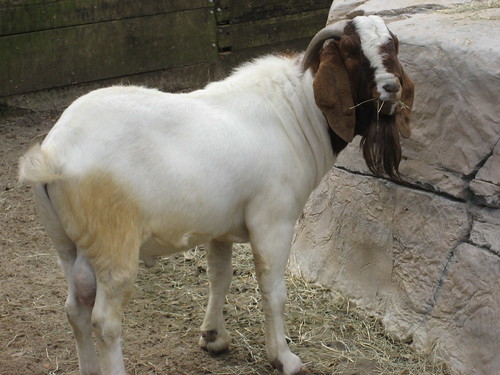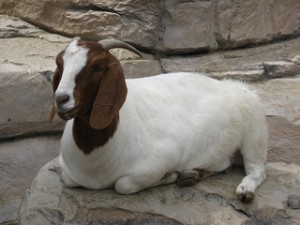I’m obsessed with the Family Filmgoer ratings in the Washington Post weekend section.
Last night I came across this gem of a rating for Paranoia.
It’s an embarrassment of riches, that review. So many things to mock, so little time on this mortal coil.
Before I could begin to peel that onion of absurdity, I became obsessed with the term “barnyard epithet,” which I will put in quotation marks here in homage to the Family Filmgoer’s use of said punctuation in reference to “getting laid.”
A debate between Husband and I then ensued over the meaning of the phrase. The phrase “barnyard epithet,” that is. We’ve got “getting laid” covered.
Husband insisted it meant “bullshit.” This was disappointing to me because I like believing it means something more colorful.
Goatfucker, perhaps.
We debated this for much longer than I should ever admit. But I will. We debated this for a long time.
While we were debating the wisdom of looking this up on the Internet, I remembered that I have a reference book on the subject sitting right on the coffee table. I’d just checked Melissa Mohr’s Holy Sh*t! A Brief History of Swearing out the library and hadn’t even opened it yet.
Meanwhile, Husband had become obsessed with the hilarity we might find on the Internet and had begun reflexively adding the words, “dot-com” anytime one of us said, “barnyard epithet.”
It’s not as funny in the cold light of day.
Maybe I should add that there may have been some mint juleps involved.
There, that makes the story of two adults creating a taxonomy of profanity much more socially acceptable.
Unless you’re the Family Filmgoer.
Sadly, Mohr doesn’t seem to mention the term but by the time I’d spent some quality time reading through the amusing index to the book, something buried deep in my brain was telling me that this was actually something I’d learned years ago as an undergrad and had something to do with Cold War era politics in America.
Which sounds bonkers, but turns out to be accurate. And sort of bonkers:
So there you have it. Simultaneously fascinating and disappointing, but what can you do?
This post originally had this image at the top, but even I had to draw the line at using the image of an innocent goat with filthy hindquarters shooting the camera a come-hither look. But that doesn’t seem to stop me from telling you about it. Or posting the picture, which probably contradicts my claim of self-restraint.

Goat pictures by MeanLouise

This is the best. I’m trying to share it on my facebook page but the preview lacks a goat. That’s a bunch of horseshit.
I was just trying to figure out why fb isn’t pulling the goat photo over. Very disappointing.
Profane yet educational!
Oh to be a fly on the wall at your house…
I missed your comment, you must have left it moments after I unmoderated the comments again. Perhaps you *are* a fly on my wall. Hmmm….